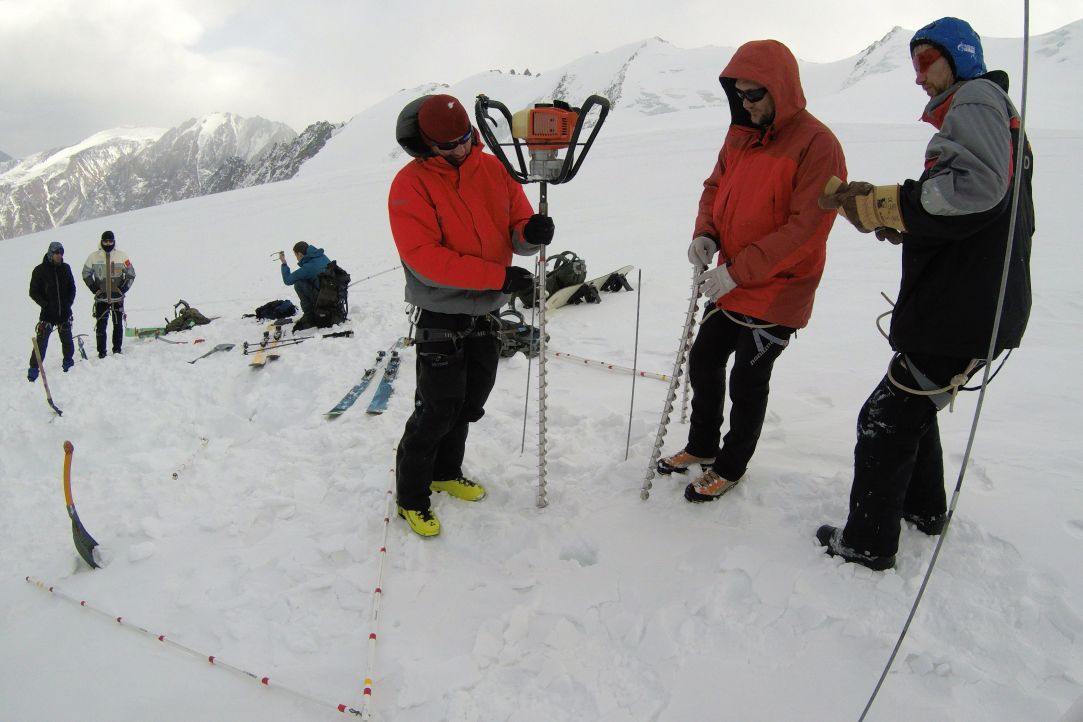
Expert Discussions on Climate Change to Take Place at ECOCUP Green Talks 2021
What is happening to nature and the climate? How does it impact the global economy? How are countries going to adapt to these changes? These and other questions will be discussed by experts in a series of discussions as part of ECOCUP Green Talks 2021, a festival of ‘green’ documentaries. The event is organized with support from the HSEFaculty of Geography and Geoinformation Technology in partnership with the Delegation of the European Union to Russia.
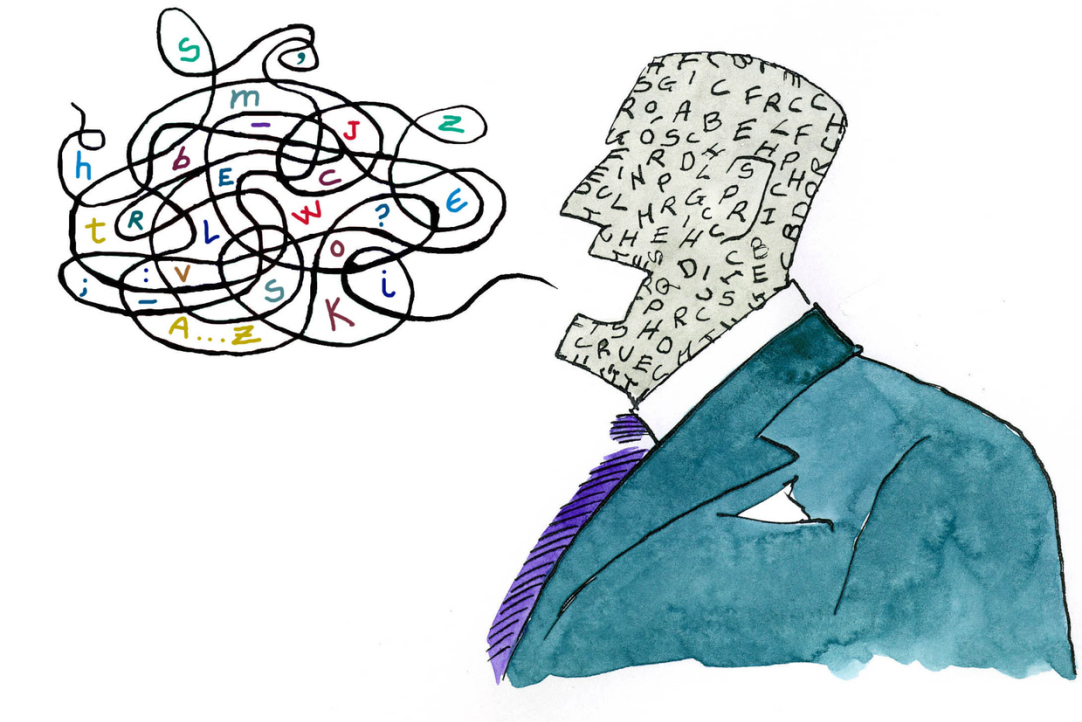
HSE University Experiment Asks Subjects to Throw Words into Baskets
Attention mechanisms impact the perception of polysemous words, while shades of meaning are presented as a continuum in the mental lexicon.
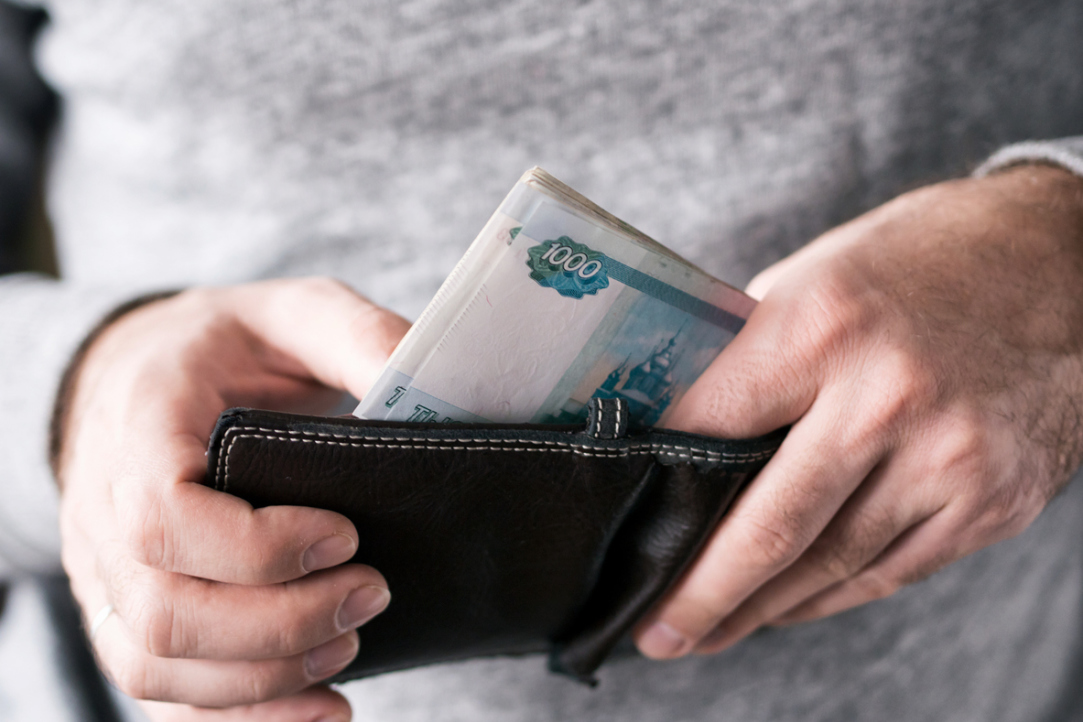
Chronic Poverty in Russia Has Decreased in the Past Two Decades
Poverty has been falling in Russia since the early 1990s — from 34% in 1994 to 12% in 2019. Part of the population has experienced situational poverty due to economic crises.

Inattentiveness in Girls Has a More Serious Impact on Mathematical Achievement than in Boys
Scientists from the Institute of Education at HSE University have shown that children with high levels of inattentiveness demonstrate lower performance in mathematics in primary school, and that this underachievement is more pronounced in girls than in boys. A similar correlation was not observed in the case of hyperactivity.

Demography and Social Policy: First Readings in Memory of A.G. Vishnevsky Held at HSE University
The Human Capital Multidisciplinary Research Center, together with the Vishnevsky Institute of Demography and the International Laboratory for Population and Health, organized the first demographic readings in memory of HSE University Professor Anatoly Vishnevsky, the first director of the Institute. The experts in attendance discussed a wide range of topics, including family policy, how to improve the conditions of low-income people, and how to correct market and employment setbacks.

The Results of the International Conference on Applied Research in Economics iCare-2021
Within the framework of the IX International Conference on Applied Research in Economics (iCare), topical issues of behavioral economics, finance, banking, labor and education economics, and environmental economics were discussed. The conference was held online and brought together researchers from Russia, India, USA, Germany and other countries. We summarize and publish the recordings of the reports.

Researchers Compare Energy Consumption During Extraction and Synthesis of One Diamond Carat
Researchers from HSE University, RAS, and Skoltech have compared actual specific energy consumption in the production of diamonds using traditional (mining) and innovative (synthesis) methods. Depending on the technology, 36 to 215 kWh of energy is consumed to produce a 1 carat diamond. It turned out that not all diamond synthesis technologies surpass extraction methods in terms of energy efficiency. The results of the study were published in the journal Energies.
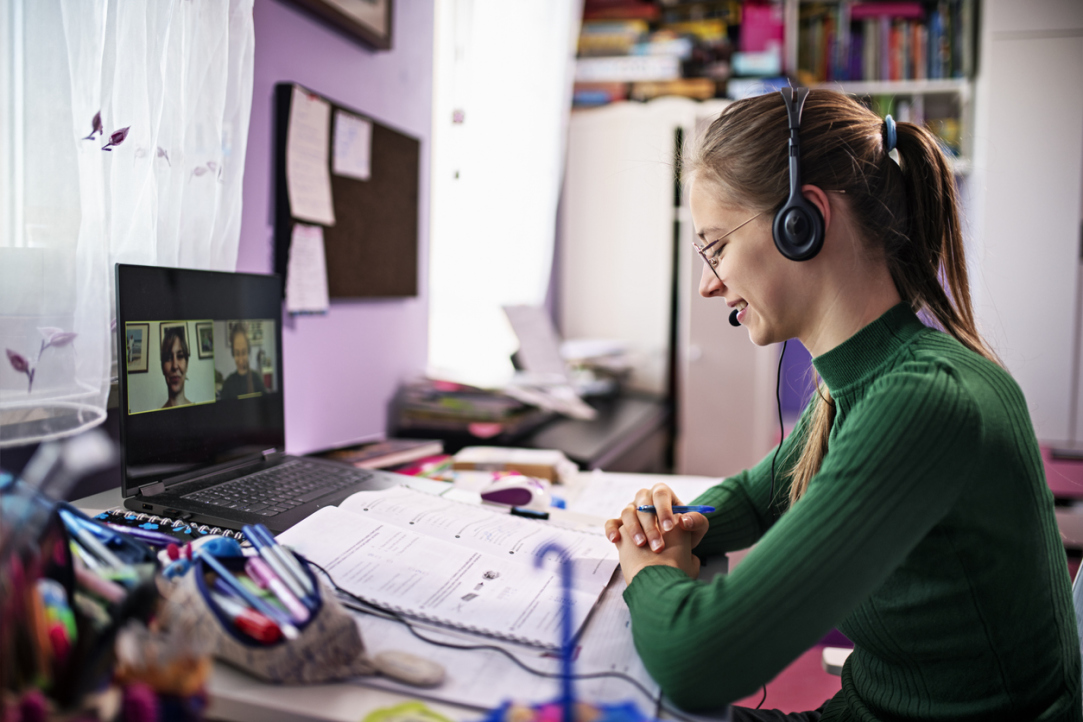
School in the Pandemic: How Online Learning Has Worsened Inequality
At the start of the pandemic, countries over the world struggled to provide a high-quality combination of online and in-person education. What’s more, low-income families have had fewer opportunities to arrange education for their children. These issues were the topic of the open seminar on ‘International Experience: Lessons for Schools After the Stress of the Pandemic’ hosted by the HSE University Institute of Education.
Ruslan Ibragimov: HSE University Is on the Cutting Edge of Legal Research in Ethics and Law in the Digital Environment
Last year, the Institute for Law in the Digital Environment was founded as part of HSE University. Ruslan Ibragimov, HSE Director for Legal Research, spoke to the HSE News Service about the research carried out by the new institute, some of the outcomes of its work, plans for the future, and the legal challenges surrounding the use of artificial intelligence.
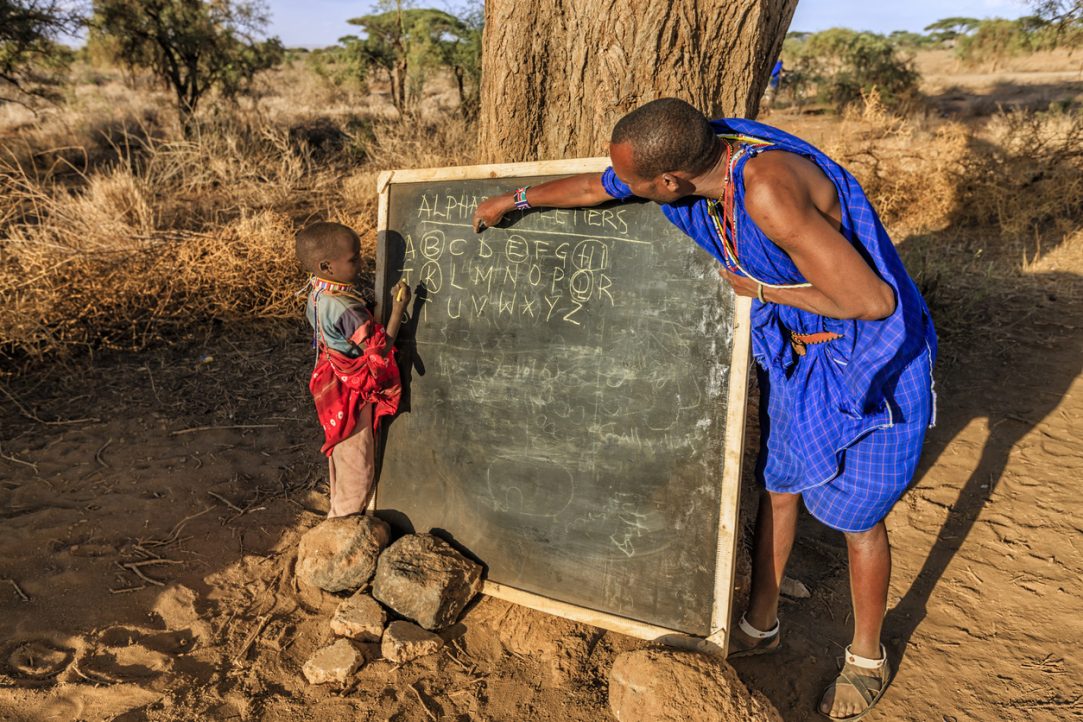
HSE University Experts Present Report on ‘Africa: Development Prospects and Recommendations for Russian Policy’
The report was prepared by a group from the HSE University Centre for African Studies and the Centre for Comprehensive European and International Studies of the Faculty of World Economy and International Affairs. The authors highlight that Russia is invested in the future development of the continent and is open to dialogue with all African nations. The report names the most economically promising fields to be energy, digital technologies, and agriculture.


Application deadline: June 23, 2025